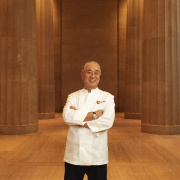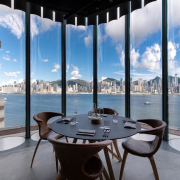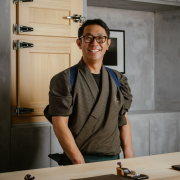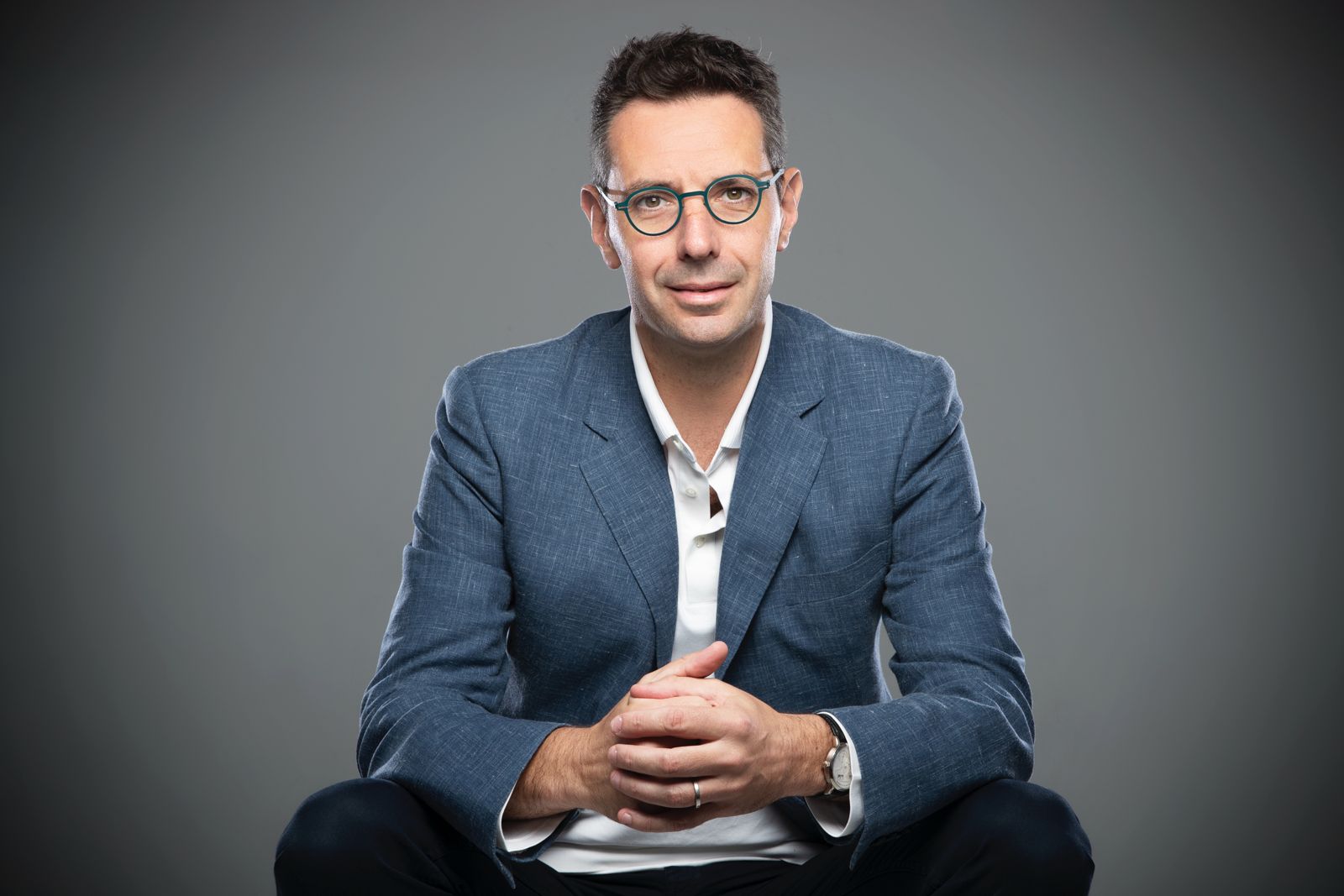
Uncorking hidden gems: A guide to French wines with Pierre Lurton of Vinosophy
Discover the rising stars of French winemaking to impress at your next dinner partyThis month, Vinosophy celebrates its third anniversary. Founded in January 2022 by Pierre Legrandois, the Hong Kong-based company has quickly established itself as a key player in the wine world, specialising in independent, family-owned producers. With a focus on sustainability and minimalist winemaking practices, Vinosophy’s portfolio reflects Legrandois’ extensive experience, which spans over 20 years in the industry, including prestigious roles as a sommelier at renowned establishments such as Alain Ducasse, Pierre Gagnaire, and the Mandarin Oriental in Hong Kong.
In addition to its carefully curated selection of wines, which are priced from $250 upwards, Vinosophy has become a go-to destination for wine enthusiasts seeking expert advice. The company also offers specialised services, including a Sommelier-at-your-Service offering, providing personalised wine pairings, glassware recommendations, and professional service for private events and gatherings. As the brand marks this milestone, we sit down with Pierre to discuss his insights on French wines and emerging trends in the global wine scene.
How has the wine industry in Hong Kong evolved over the years?
I’ve witnessed some truly remarkable changes over the years. One of the most pivotal moments was the reduction of import taxes from 80% in 2006 to zero in 2008. This policy shift dramatically reshaped the industry, unlocking new opportunities for both trade and consumers. Hong Kong has since evolved into a dynamic wine hub, with an impressive number of wine distributors and retailers for such a small city.
Another notable development has been the rise of serious wine collectors across Asia. Many of these collectors are not only passionate about acquiring fine wines but also eager to share their most prized bottles, demonstrating a profound respect for the craft. Their generosity is a testament to their deep knowledge and genuine appreciation of wine excellence.
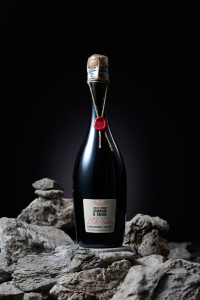
How do you build relationships with this new wave of independent French winegrowers?
In 2022, my family and I spent six months in France, during which I sought out independent winegrowers who weren’t yet represented in Hong Kong. This immersive experience allowed me to bring fresh, emerging talent to our clients. With the support and guidance of two key mentors—one based in Paris, the other in London—I was able to connect with dynamic, passionate winemakers and establish lasting relationships with those who share a similar vision for the future of wine.
Are there any lesser-known French wine producers that we should be aware of?
This summer, I visited Domaine des Sables Verts in the Loire Valley, Saumur, and was impressed by Caroline and Hervé’s dedication to their craft. They produce wines that are true to their origins—energetic, balanced, and precise. They have invested everything into this venture, and they represent a fresh, young generation bringing new ideas to the region. Domaine des Sables Verts is definitely one to watch.
You’ve mentioned the new generation of winemakers in Bourgogne. Can you share a few names that will impress both collectors and casual drinkers?
Among the young winemakers we represent, Maison Antonin Cosnier is notable for its exceptional Pernand-Vergelesses and Corton-Charlemagne wines, known for their purity and intensity. Boigey-Frères, based in Vosne-Romanée, has made a strong comeback after reclaiming their family vineyard, with wines that are quickly gaining recognition. Louis Billard, who started his own venture in 2022 after working at Domaine de la Romanée-Conti, is another rising talent, and demand for his wines is growing fast. We’re working hard to keep up!
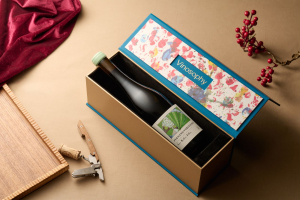
Any emerging Champagne houses to watch out for?
We’re championing a new generation of Champagne producers who are redefining the region. Despite their youth, these winemakers have a clear vision and a strong connection to their family vineyards. What sets them apart is their global exposure—many have worked with top producers abroad, gaining a deeper understanding of consumer preferences. Their Champagnes are distinct, offering a more wine-like taste with effervescence, rather than the traditional bubbly profile. These wines truly reflect the winemaker’s personality and vision.
How do you see the relationship between new wave winemakers and traditional producers in France?
French winemaking today blends tradition with innovation. Many wines from the 1950s to 1970s still stand out for their excellence, crafted without modern technology. Over time, though, particularly in the 1990s and early 2000s, there was a shift towards richer, fuller-bodied wines driven by market demand. Now, we’re seeing a return to more balanced, precise wines—approachable early on but with the potential to age beautifully. The winemakers we work with are dedicated to their vineyards, using minimal intervention in the winemaking process. We all share the belief that great wines begin with great grapes, and that’s where the real magic happens.
What does the future hold for French wines in Greater China?
French wines continue to thrive in Greater China, not just in the wine market, but also in sectors like food, fashion, and tourism. While China is producing some high-quality items, including wines, there remains a strong demand for French wines, luxury goods, and rare finds. Consumers are becoming more discerning, placing greater emphasis on provenance and the origins of the products they purchase. This growing appreciation for quality and authenticity bodes well for the future of French wines in the region.
To learn more, visit vinosophy.hk


